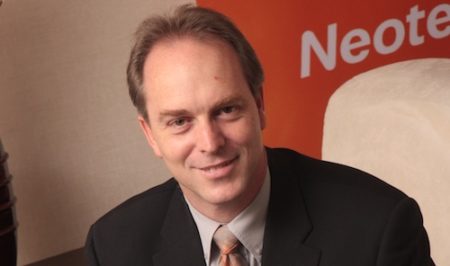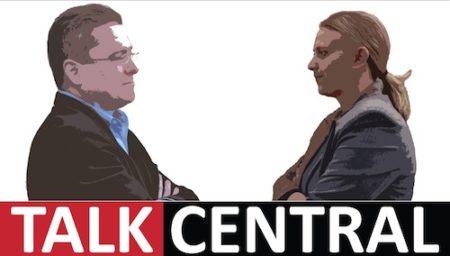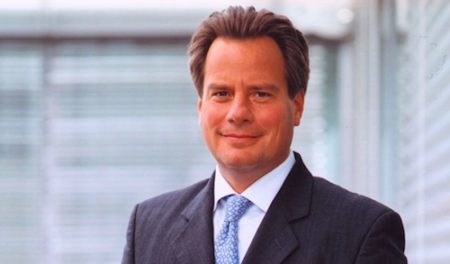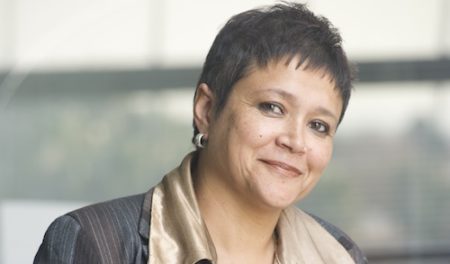Neotel and Vodacom have called on their regulator, the Independent Communications Authority of SA (Icasa), to scrap the universal service obligations they agreed to when they were licensed. Instead, they want
Browsing: Telkom
A short distance off the highway between Johannesburg and Pretoria, not far from the Samrand offramp north of Midrand, is a large but otherwise nondescript building. To the casual observer
Unbundling the local loop is the last step to making SA’s telecommunications landscape fully competitive, says Neotel chief technology officer Angus Hay. Hay tells TechCentral that allowing other operators
Altech’s largest subsidiary, Autopage Cellular, is keen to expand beyond its core business as a cellphone service provider. This comes as pressure
Brett Haggard and Duncan McLeod are your hosts of the ZA Tech Show this week. They discuss the launch of DStv Mobile, FibreCo, Telkom’s financial results, Android, Rupert Murdoch and much more besides
Cell C is “going for Telkom’s jugular with its new rates” and is no longer playing in the same field as SA’s other mobile operators, says an analyst. Less than a month ago it
Episode 17 of TalkCentral, TechCentral’s weekly podcast, is ready to go. This week Duncan McLeod and Candice Jones talk about the decision by a Southern African
Blue Label Telecoms will take legal action to recover an unspecified amount of damages it says it has suffered after losing an exclusive contract with Telkom’s failed Nigerian operation, Multi-Links.
There was an air of despondency at Telkom’s interim financial results presentation this week. But after several strategic missteps, the group is finally promising to get its house in order. It had better move quickly: rivals are gaining fast.
Vodacom will soon have a fresh new brand and marketing image, TechCentral has learnt. Though details are sketchy, it’s believed a new or tweaked logo may be in the offing.











